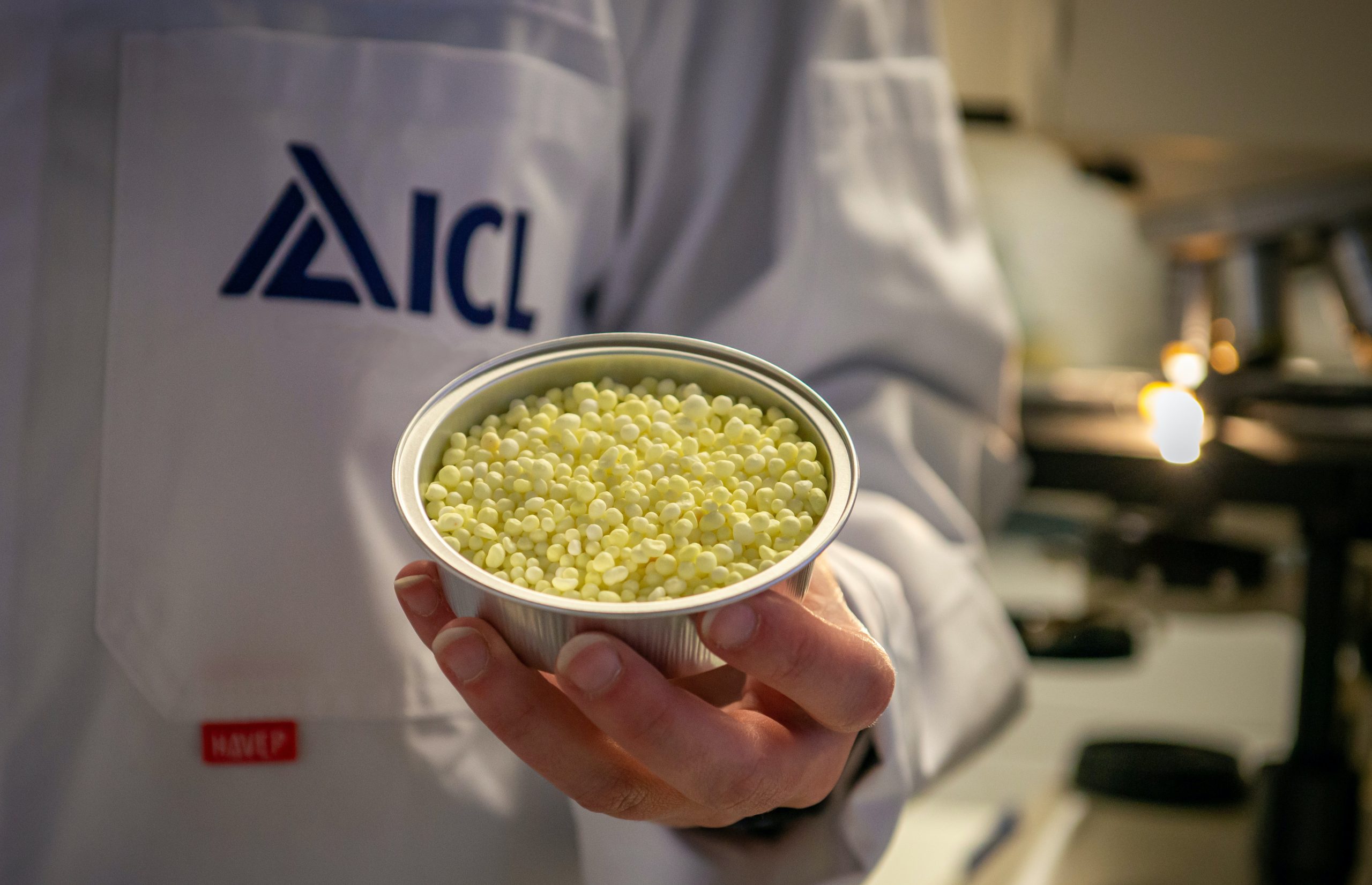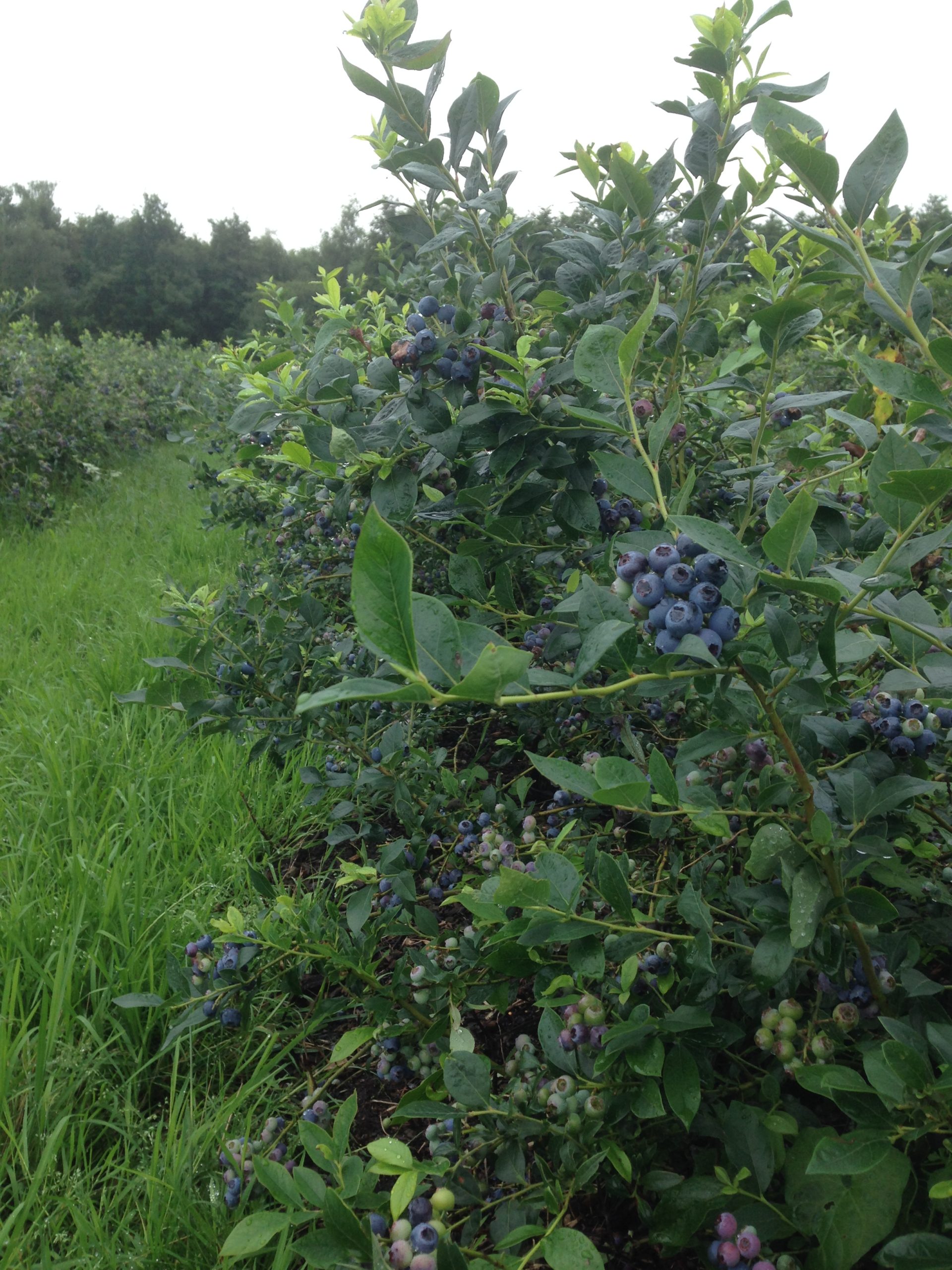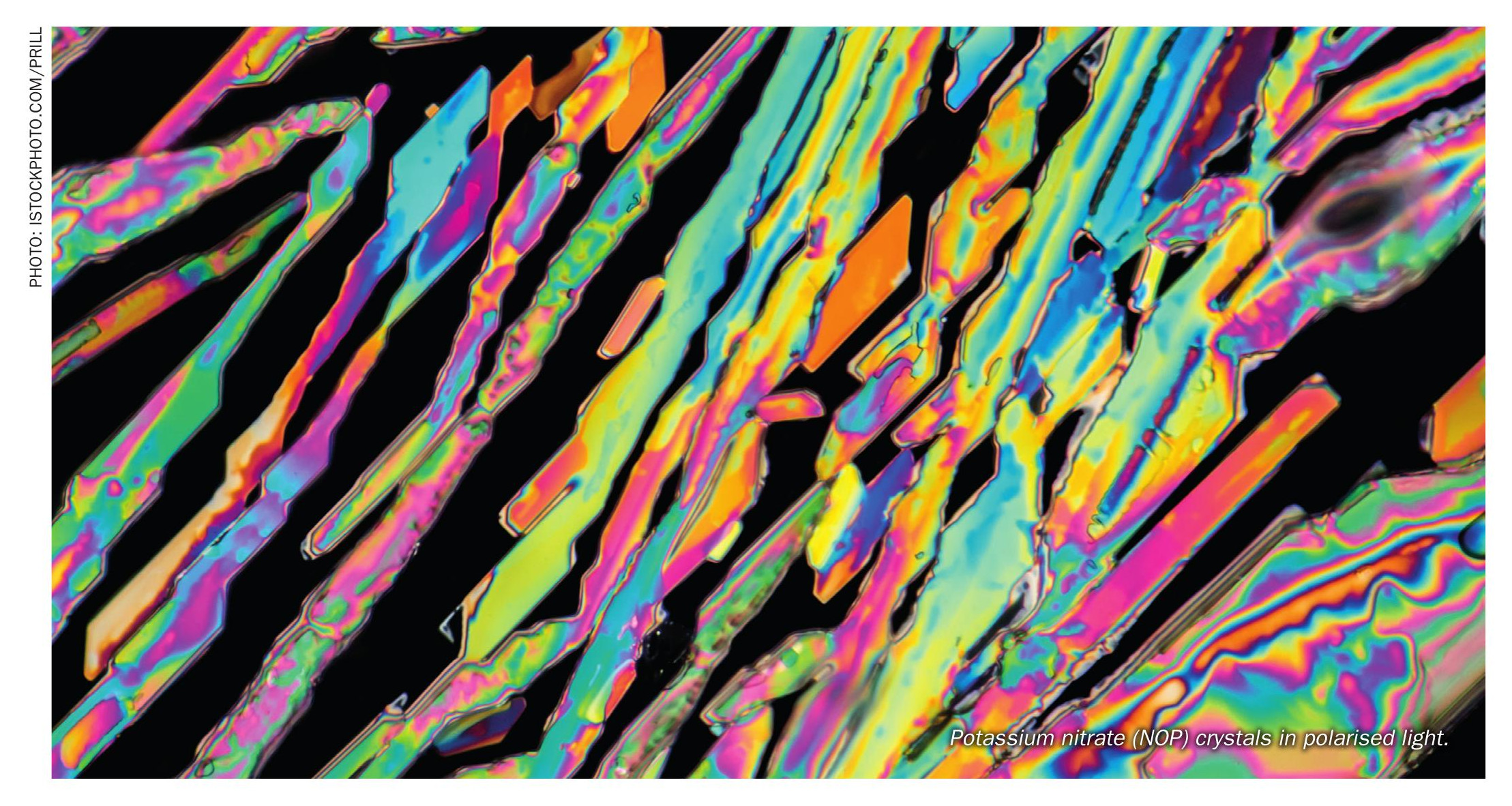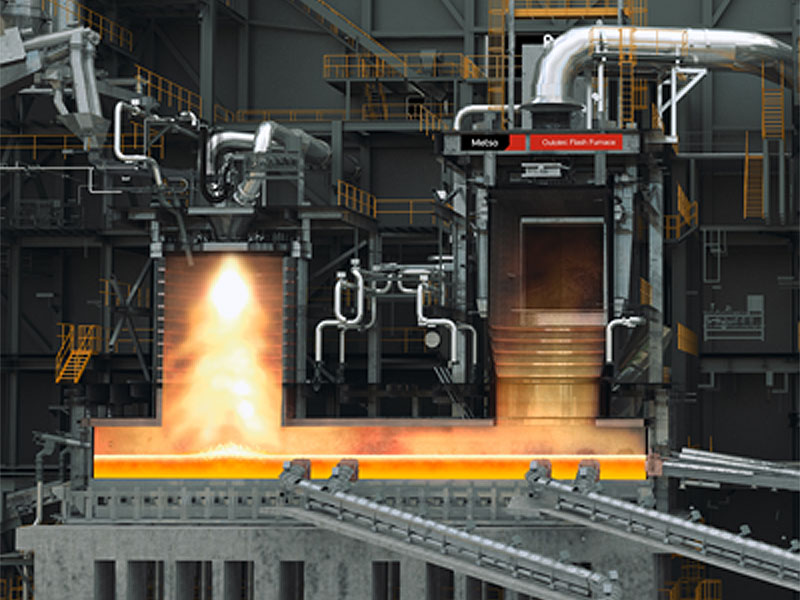Fertilizer International 525 Mar-Apr 2025
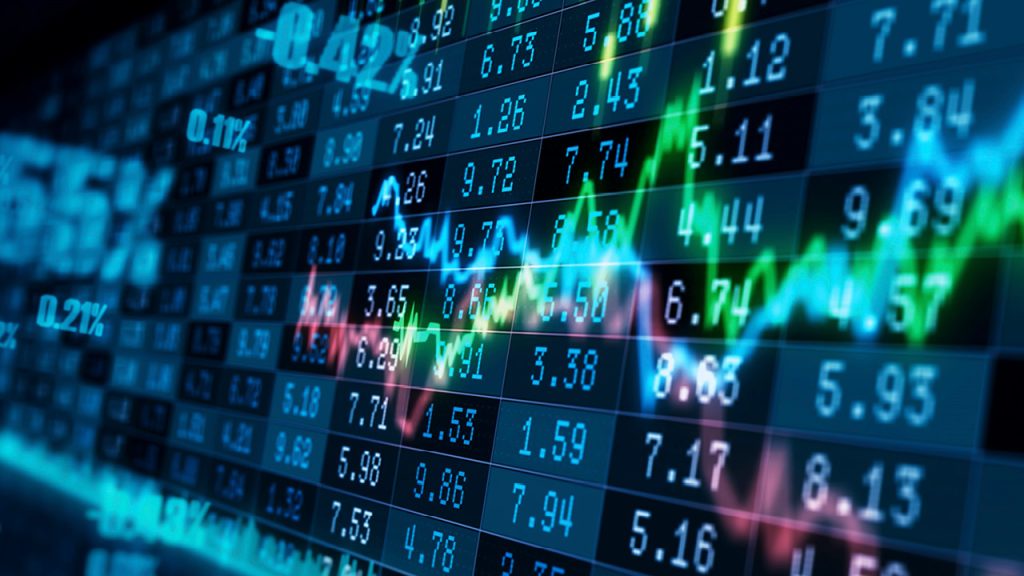
18 March 2025
Russia mulls potash export quotas
Russia is considering limiting potash exports from the second quarter of 2025, Bloomberg reported on the 25th February, citing Russian national daily Kommersant.
Russia’s agriculture and trade and industry ministries are currently preparing export quota recommendations, at the request of Deputy Prime Minister Dmitry Patrushev, and will also be tasked with overseeing these quotas, Bloomberg said. The quotas are designed to secure potash supplies for the domestic market where they are needed to support the production of complex fertilizers.
This development emerged shortly after major Russian potash producer Uralkali announced a temporary shutdown of its Berezniki-2, Berezniki-4, and Solikamsk-3mines for maintenance in the second and third quarters of 2025, with potash production reduced by at least 300,000 tonnes.


